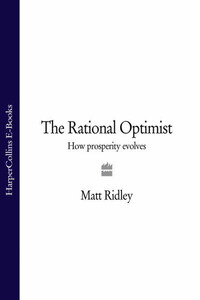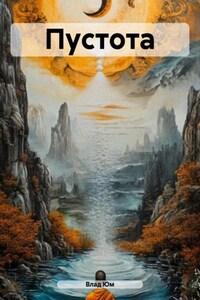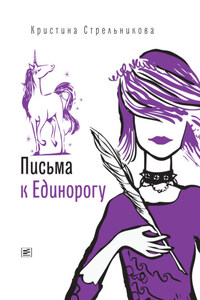In other classes of animals, the individual advances from infancy to age or maturity; and he attains, in the compass of a single life, to all the perfection his nature can reach: but, in the human kind, the species has a progress as well as the individual; they build in every subsequent age on foundations formerly laid.
ADAM FERGUSON
An Essay on the History of Civil Society
On my desk as I write sit two artefacts of roughly the same size and shape: one is a cordless computer mouse; the other a hand axe from the Middle Stone Age, half a million years old. Both are designed to fit the human hand – to obey the constraints of being used by human beings. But they are vastly different. One is a complex confection of many substances with intricate internal design reflecting multiple strands of knowledge. The other is a single substance reflecting the skill of a single individual. The difference between them shows that the human experience of today is vastly different from the human experience of half a million years ago.
This book is about the rapid, continuous and incessant change that human society experiences in a way that no other animal does. To a biologist this is something that needs explaining. In the past two decades I have written four books about how similar human beings are to other animals. This book is about how different they are from other animals. What is it about human beings that enables them to keep changing their lives in this tumultuous way?
It is not as if human nature changes. Just as the hand that held the hand axe was the same shape as the hand that holds the mouse, so people always have and always will seek food, desire sex, care for offspring, compete for status and avoid pain just like any other animal. Many of the idiosyncrasies of the human species are unchanging, too. You can travel to the farthest corner of the earth and still expect to encounter singing, smiling, speech, sexual jealousy and a sense of humour – none of which you would find to be the same in a chimpanzee. You could travel back in time and empathise easily with the motives of Shakespeare, Homer, Confucius and the Buddha. If I could meet the man who painted exquisite images of rhinos on the wall of the Chauvet Cave in southern France 32,000 years ago, I have no doubt that I would find him fully human in every psychological way. There is a great deal of human life that does not change.
Yet to say that life is the same as it was 32,000 years ago would be absurd. In that time my species has multiplied by 100,000 per cent, from perhaps three million to nearly seven billion people. It has given itself comforts and luxuries to a level that no other species can even imagine. It has colonised every habitable corner of the planet and explored almost every uninhabitable one. It has altered the appearance, the genetics and the chemistry of the world and pinched perhaps 23 per cent of the productivity of all land plants for its own purposes. It has surrounded itself with peculiar, non-random arrangements of atoms called technologies, which it invents, reinvents and discards almost coninuously. This is not true for other creatures, not even brainy ones like chimpanzees, bottlenose dolphins, parrots and octopi. They may occasionally use tools, they may occasionally shift their ecological niche, but they do not ‘raise their standard of living’, or experience ‘economic growth’. They do not encounter ‘poverty’ either. They do not progress from one mode of living to another – nor do they deplore doing so. They do not experience agricultural, urban, commercial, industrial and information revolutions, let alone Renaissances, Reformations, Depressions, Demographic Transitions, civil wars, cold wars, culture wars and credit crunches. As I sit here at my desk, I am surrounded by things – telephones, books, computers, photographs, paper clips, coffee mugs – that no monkey has ever come close to making. I am spilling digital information on to a screen in a way that no dolphin has ever managed. I am aware of abstract concepts – the date, the weather forecast, the second law of thermodynamics – that no parrot could begin to grasp. I am definitely different. What is it that makes me so different?








